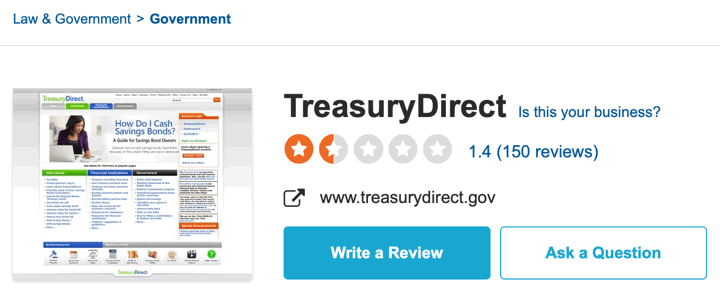A reader writes in, asking:
“I’ve read your book twice, and FINALLY got my wife to face the reality that I’m likely to die before her (I’m 82, she’s 76)!
I love the simplicity of the book, however there is one topic I think needs some fleshing out: the text seems to use the terms Personal Representative and Trustee interchangeably. The functional roles seem a bit fuzzy.
Am I correct that the Personal Rep assists the surviving spouse on immediate-death matters (a short-term function), and the Trustee assists the surviving spouse (and beneficiaries) on post-death (trust) asset management (a long-term function)?
Additionally, am I correct that that a spouse, beneficiary, or friend could be qualified to be a personal rep, but a trustee has more responsibility and thus requires higher qualifications? Lawyers and CPA are so qualified, but they are too expensive to use continuously. Do you have any suggestions on this?”
The personal representative (PR) and trustee roles are analogous but they are definitely not interchangeable. (And to be clear, in my writing I do not use the terms interchangeably. If a given sentence refers to a personal representative, it means specifically the personal representative. And ditto for referring to a trustee.)
In short, the PR is in charge of administering the estate, whereas a trustee is in charge of administering a trust (if any). But they both have the job of managing the assets in question for the benefit of the beneficiaries in question.
Either role could be short-term or long-term, because either an estate or a trust could be closed pretty quickly or could remain open for an extended period. It is true though that the role of trustee is more likely to be long-term, because an estate is not generally intended to remain open for many years, whereas that might be the intention for a trust. For example, a person might set up a trust for the benefit of their adult disabled child, and the explicit goal for the trust would be for it to last for that beneficiary’s whole life. In contrast, if an estate is still open after many years, it’s generally not because anybody intended for such but rather because something has stopped the PR from being able to close the estate. (For instance, the estate is supposed to be distributed equally among four beneficiaries, and 90{dec8eed80f8408bfe0c8cb968907362b371b4140b1eb4f4e531a2b1c1a9556e5} of the estate consists of a single asset that is both illiquid and indivisible. And none of the beneficiaries wants to kick in the necessary cash to buy out the other beneficiaries’ shares.)
In many cases, one person (often the surviving spouse or an adult child) is named as both PR and trustee. Though it would be important for that person to keep in mind that it is indeed two separate roles that they are fulfilling. (For instance, it’s critical not to intermingle the estate’s assets with a trust’s assets.)
I would not say that a trustee necessarily needs greater skills than a personal representative. In both cases, the person in question owes a fiduciary duty to the beneficiaries and will have to manage the assets in a way that can satisfy that duty. Depending on things like family dynamics and what skill sets are available within the family, that may mean hiring a professional.
What is the Best Age to Claim Social Security?
Read the answers to this question and several other Social Security questions in my latest book:
| Social Security Made Simple: Social Security Retirement Benefits and Related Planning Topics Explained in 100 Pages or Less |
Disclaimer:Your subscription to this blog does not create a CPA-client or other professional services relationship between you and Michael Piper or between you and Simple Subjects, LLC. By subscribing, you explicitly agree not to hold Michael Piper or Simple Subjects, LLC liable in any way for damages arising from decisions you make based on the information available herein. Neither Michael Piper nor Simple Subjects, LLC makes any warranty as to the accuracy of any information contained in this communication. The information contained herein is for informational and entertainment purposes only and does not constitute financial advice. On financial matters for which assistance is needed, I strongly urge you to meet with a professional advisor who (unlike me) has a professional relationship with you and who (again, unlike me) knows the relevant details of your situation.
You may unsubscribe at any time by clicking the link at the bottom of this email (or by removing this RSS feed from your feed reader if you have subscribed via a feed reader).










